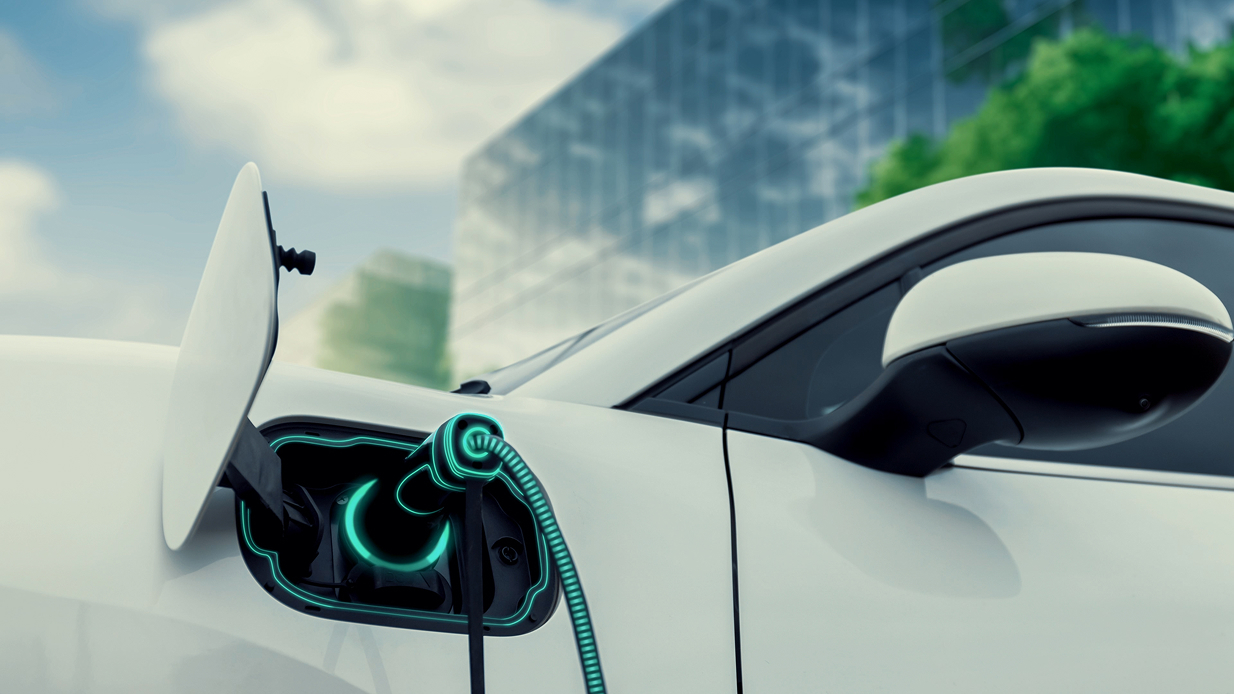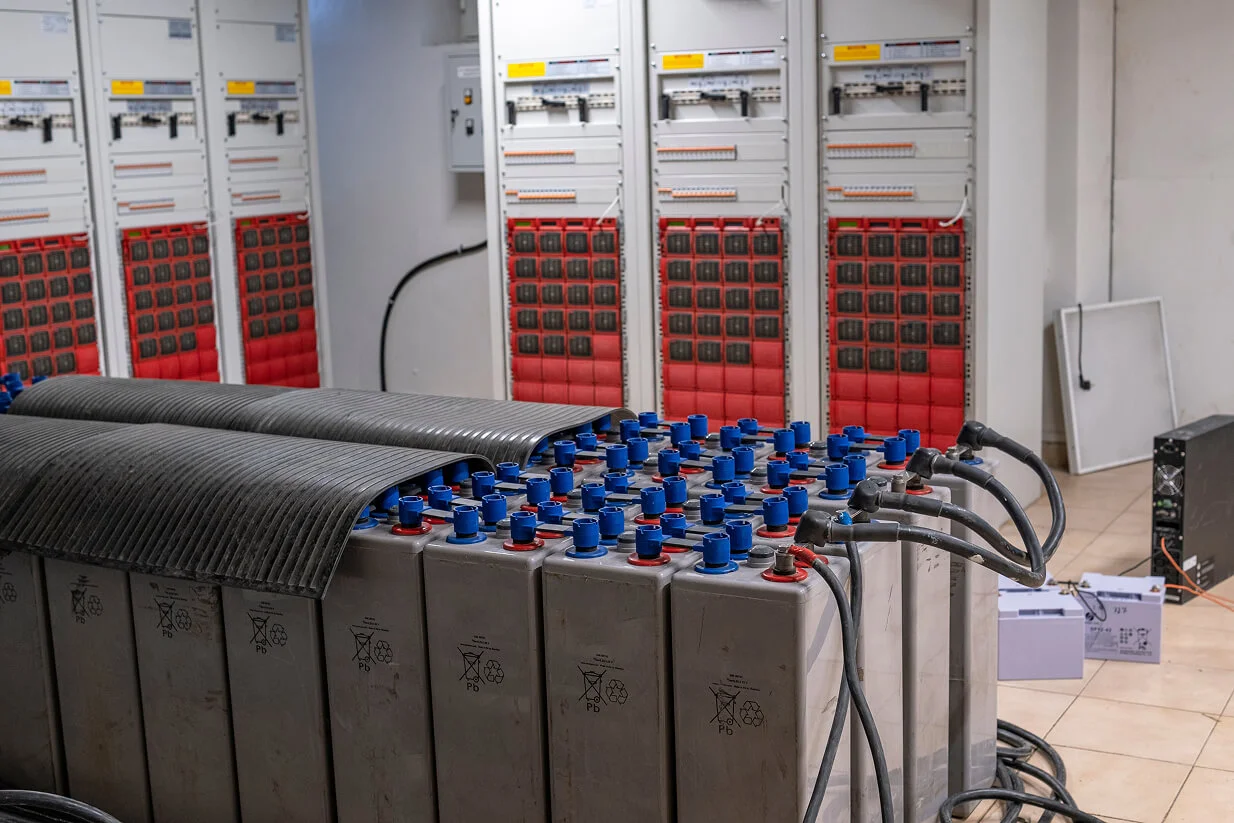The push to decarbonize the transportation sector remains a key focus, with ambitious goals to drive the adoption of electric vehicles (EVs) as a cornerstone of sustainable mobility. These targets include:
- 50% of all new vehicle sales being electric by 2030
- 100% of light-duty vehicle sales being electric by 2035
The accelerating shift to electrification in the automotive sector—coupled with the ongoing transformation in the energy, building, and battery manufacturing sectors—places significant pressure on charging infrastructure and the supply chain for raw materials. EVs are critical to reducing carbon emissions from transportation and play an essential role in lowering overall energy consumption and dependence on fossil fuels.
EV battery manufacturing is evolving rapidly in response to market growth and the push for supply chain resilience. From sourcing raw materials to pack assembly, manufacturers must meet rising standards for efficiency and sustainability.
With substantial government incentives, such as the IIJA’s $7.5 billion investment in EV charging infrastructure and the IRA’s $370 billion commitment to energy transition, the EV market is poised for continued rapid growth. These initiatives also support the integration of EVs into broader renewable energy ecosystems, enabling grid stability and smarter energy storage solutions.



